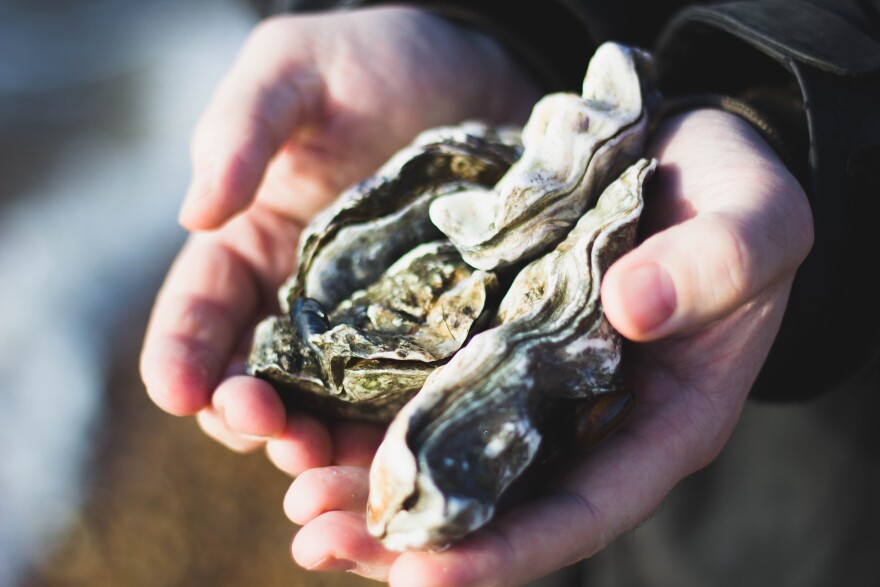Alabama officials have closed some oystering grounds in Mobile Bay, prompting complaints from harvesters. The move by the Alabama Marine Resource Division is part of a continuing effort to keep wild oyster reefs in the Gulf of Mexico from being killed by overharvesting. The state closed the western half of its oystering area in Mobile Bay last month. That move was followed up by closing two small areas in the bay's eastern half on Tuesday. Officials say the closures aim to rebuild the state's population of the shellfish. Some harvesters say the state is cutting off their income during the peak winter season for Gulf oysters. Much harvesting is done from small boats, and oyster catchers say the water is too choppy for those vessels in the parts of Mobile Bay that are still open. The department opened Alabama's reefs back in October. It reported late that month that the number of harvesters seeking oysters had risen from last year. Specifically, over a thousand sacks of oysters per day were being pulled out of Mobile Bay--up from eight hundred a day last year. Oyster harvesters are limited to six sacks per day, each holding eighty five pounds.
Other Gulf states have also imposed restrictions. Mississippi allowed no harvest at all in 2021-2022 and has not announced an opening date for this year. That state's oyster stocks are already in sharp decline. Production collapsed after the Mississippi Sound was swamped by Mississippi River floodwaters released through the Bonnet Carre Spillway in 2019. Heavy rains also dumped large amounts of freshwater into the Mississippi Sound in 2021. That added to water’s salt content needed for oysters to thrive. The spillway release also led Louisiana to close public oyster harvests east of the Mississippi River from 2019 through 2022.




